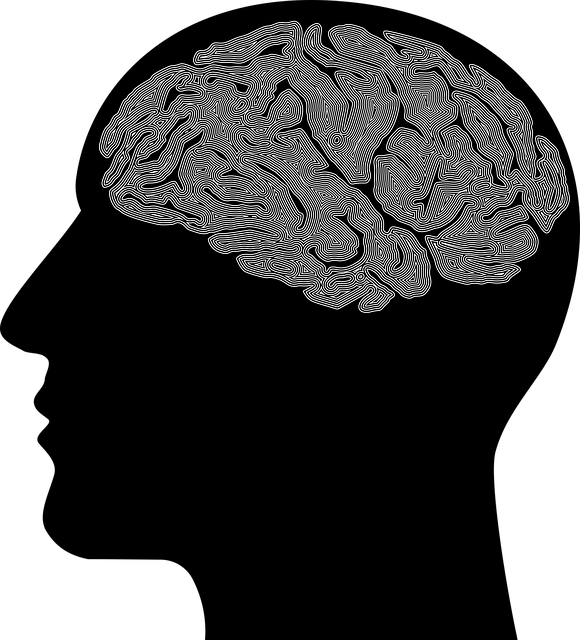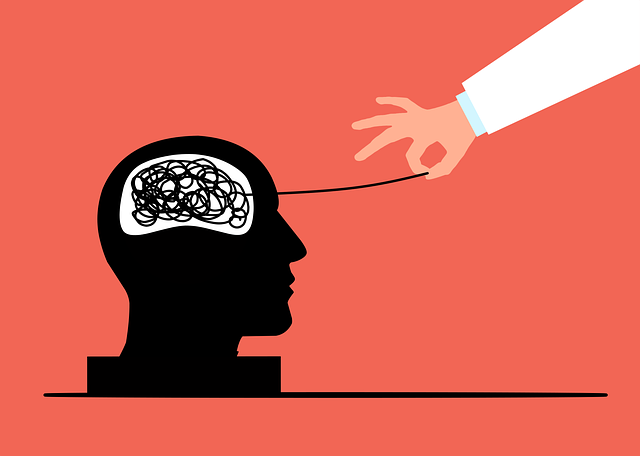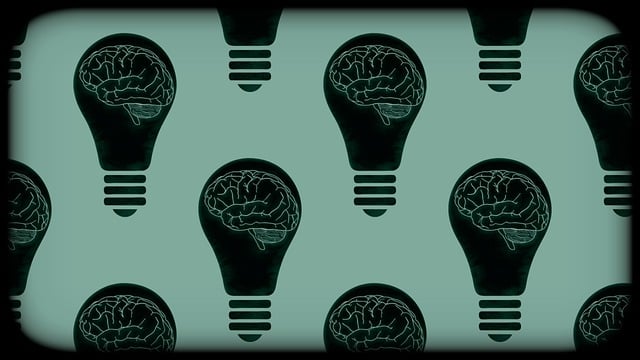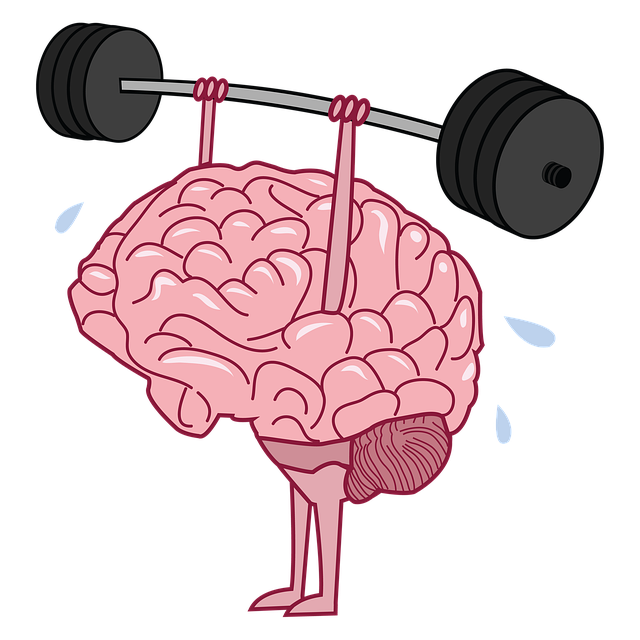Englewood Mens Issues Therapy highlights the significant impact of media on public perceptions of mental illness, emphasizing the need for accurate and diverse representations. In a world filled with stereotypes, authentic storytelling through real-life narratives challenges stigma and inspires hope. The therapy group advocates for responsible media portrayal, advocating collaborative efforts between media and mental health experts to dispel misconceptions. By promoting empathetic narratives, they aim to normalize conversations about mental wellness, encouraging men to take charge of their mental well-being and seek effective support.
“In today’s media landscape, the portrayal of mental illness can significantly shape public perception and impact individuals’ willingness to seek help. This article explores the challenge of inaccurate or scarce representation in media, delving into its effects on mental health discourse. We present two key strategies: engaging with authentic stories of those living with mental illnesses and advocating for responsible media coverage. By promoting accurate narratives and supporting mental health initiatives like Englewood Mens Issues Therapy, we can foster a more empathetic society.”
- Understanding the Impact of Media Portrayal on Mental Health Perception
- Engaging with Real-Life Stories: The Power of Authenticity in Media
- Strategies for Responsible Representation: A Call for Action for Media and Mental Health Professionals
Understanding the Impact of Media Portrayal on Mental Health Perception

The media’s portrayal of mental illness can significantly shape public perceptions and understanding of psychological conditions. Popular culture often presents simplified or stereotypical narratives, which can either perpetuate harmful myths or offer a glimmer of hope for those struggling. When depicted accurately, media can play a pivotal role in reducing stigma, fostering empathy, and encouraging individuals to seek help. Conversely, inaccurate or limited representation may contribute to misconceptions, leading to misinformed decisions regarding mental health support. This is particularly relevant for men’s mental health issues, as traditional gender norms often discourage open discussions about emotional struggles.
Englewood Mens Issues Therapy highlights the importance of balanced media coverage in promoting positive change. By presenting diverse and realistic portrayals of individuals navigating various mental health challenges, we can encourage emotional healing processes and inspire self-care practices. Through this, media has the potential to empower men to take charge of their mental well-being and pursue effective mood management strategies, ultimately challenging societal barriers and fostering a more supportive environment for open conversations about mental illness.
Engaging with Real-Life Stories: The Power of Authenticity in Media

In a world where media often perpetuates stereotypes, authentic storytelling about mental illness is a powerful tool for change. Sharing real-life narratives from individuals who have successfully navigated their struggles can be incredibly therapeutic and inspiring. When media portrays people with mental health challenges as complex characters with depth and humanity, it fosters understanding and empathy among audiences. This approach challenges the stigmatization that often surrounds these issues, encouraging conversations about mental wellness in a more open and accepting manner.
Engaging with authentic stories allows viewers to connect emotionally with individuals who have faced similar battles, fostering a sense of community and shared resilience. By highlighting the inner strength development and emotional intelligence that many people cultivate during their healing journeys, these narratives can offer hope and inspire confidence-boosting strategies for others facing mental health issues. Organizations like Englewood Mens Issues Therapy play a vital role in facilitating such authentic storytelling, ensuring media representation that is not only accurate but also empowering.
Strategies for Responsible Representation: A Call for Action for Media and Mental Health Professionals

Media has a significant influence on shaping societal perceptions and understanding of mental illness. Therefore, responsible representation is crucial. It’s time for media outlets and mental health professionals to collaborate and adopt strategies that promote accurate, empathetic, and diverse portrayals of individuals dealing with various mental health challenges. This includes encouraging open conversations about mental wellness, dispelling stereotypes, and normalizing help-seeking behaviors.
Englewood Mens Issues Therapy advocates for initiatives like cultural sensitivity training for media creators, ensuring characters with mental illness are multidimensional and not defined solely by their condition. Additionally, promoting depression prevention through public awareness campaigns and encouraging self-care routine development can foster a supportive environment. By working together, we can create a more inclusive and understanding society that recognizes and addresses mental health concerns effectively.
The media’s role in shaping public perception of mental health cannot be overstated, especially when it comes to challenging stigmatization. By authentically representing mental illness through real-life stories, we can foster understanding and empathy. Engaging with issues faced by men, as highlighted by Englewood Mens Issues Therapy, is crucial in this narrative. It’s time for media outlets and mental health professionals to collaborate on responsible representation strategies, ensuring accurate, sensitive, and empowering portrayals that contribute to a healthier mental health discourse.













